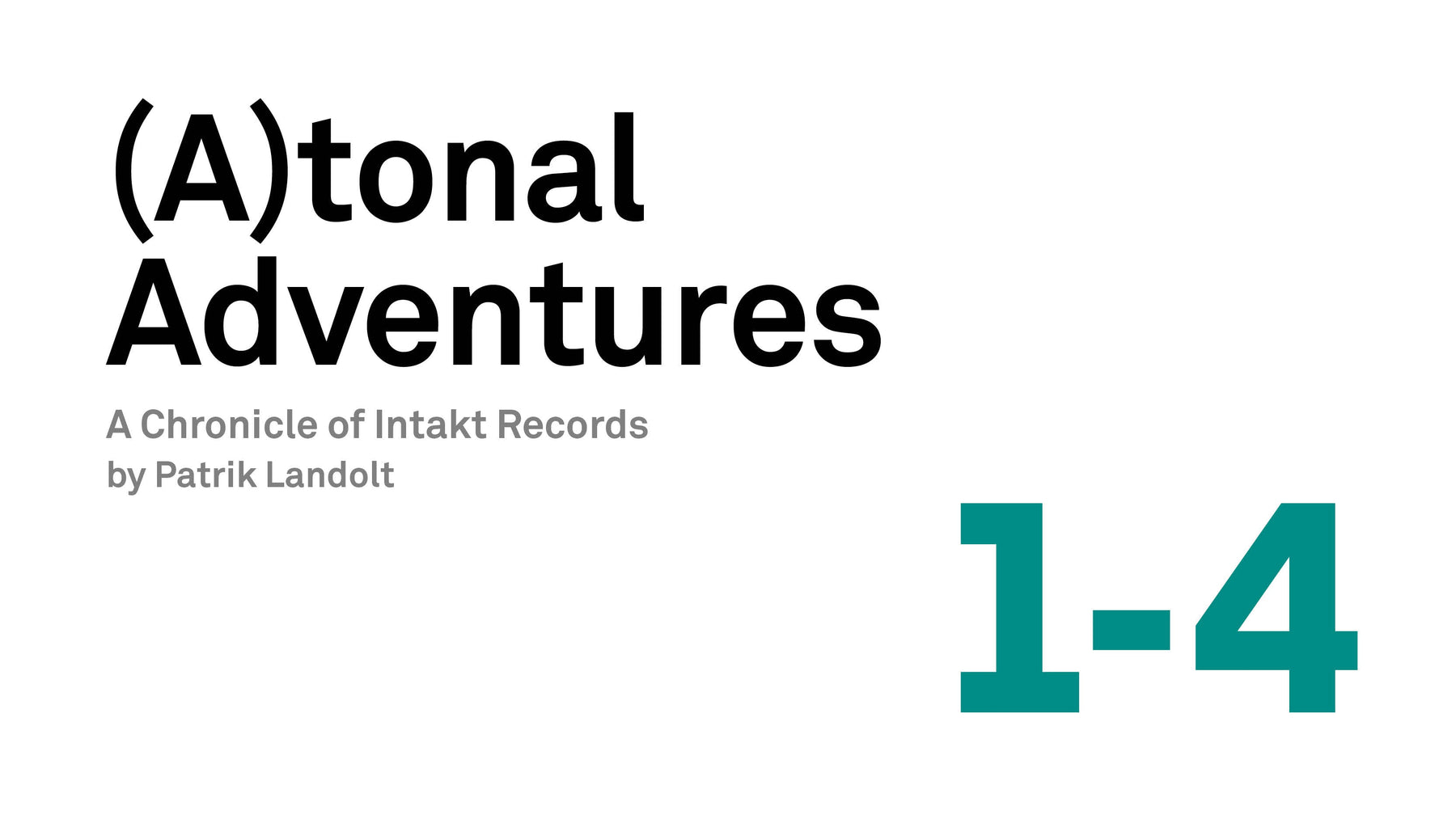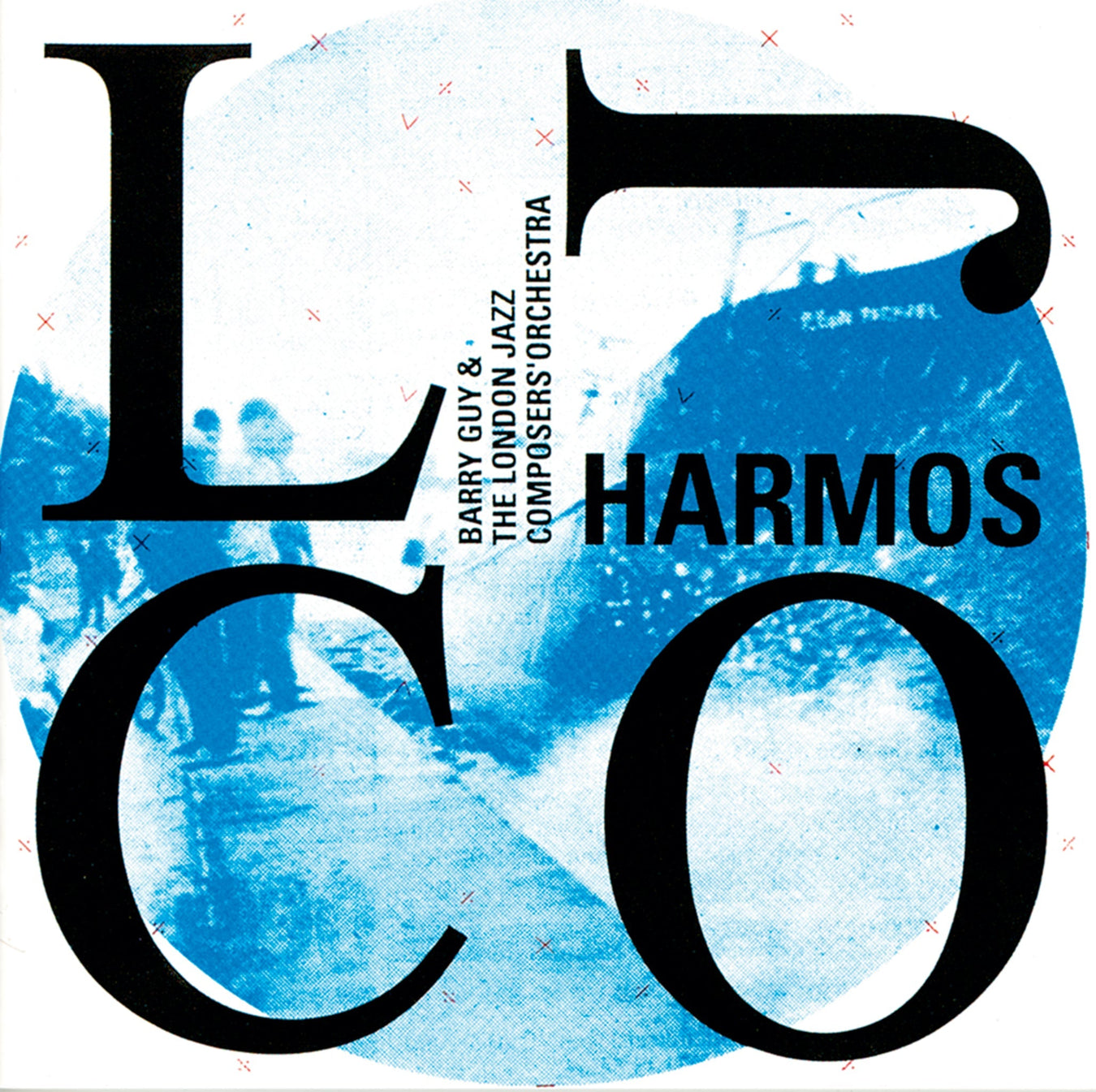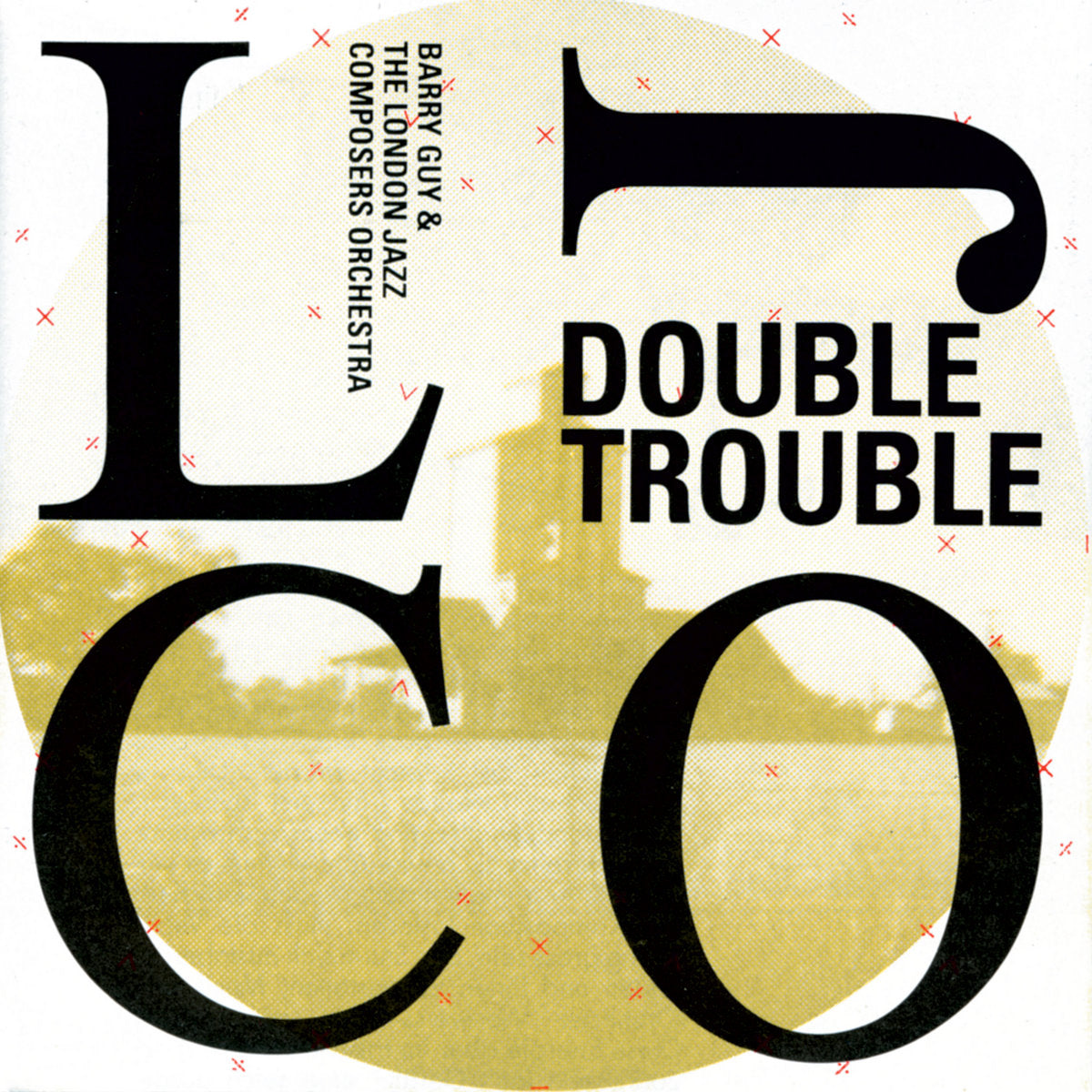
(A)tonal Adventures: 1-4

“First Meeting” is the name of the opening track on the very first Intakt Records album, recorded on February 5, 1984 at the inaugural Taktlos Festival at the Rote Fabrik in Zürich. A duo of Zürich pianist Irène Schweizer with Chicago trombonist George Lewis opens the first Intakt album Irène Schweizer Live at Taktlos (Intakt CD 001). The album is released in 1986 and becomes a success. This debut is followed by a double album with compositions by Barry Guy and Anthony Braxton, played by the London Jazz Composers Orchestra (Intakt 2-CD 005). Intakt Records’ very first steps situate the label in contemporary jazz between composition and improvisation and the vibrant inspiration of two musical traditions: Europe and the US.

As a small label with no distribution in Germany in the early years, Intakt Records receives the most important German record award in 1988, the Jahrespreis der deutschen Schallplattenkritik, for the album by Irène Schweizer, George Lewis, Maggie Nicols, Joëlle Léandre and Günter Sommer titled The Storming of the Winter Palace (Intakt CD 003).

A long-term partnership with Barry Guy begins in 1987 with the recording of his composition “Polyhymnia” at the Rote Fabrik in Zürich. “Polyhymnia” is released on a double album together with compositions by Anthony Braxton, recorded at the Taktlos Festival 1988 (Intakt 2-CD 005). The relationship with the composer and bassist Barry Guy, a cross-genre musician between baroque music and jazz improvisation, characterizes the catalogue of Intakt Records for many years: 11 CD releases with the London Jazz Composers Orchestra, CDs with the Barry Guy New Orchestra, the Barry Guy Blue Shroud Band, the Barry Guy Trio with Marilyn Crispell and Paul Lytton and duos with Evan Parker.

How does a young Zürich label with no financial background produce numerous orchestral works with the 18-piece London Jazz Composers Orchestra? For example: Barry Guy and his musicians arrive in Zürich from London on April 2, 1989. They rehearse at the Rote Fabrik, an independently-run cultural center. There, the orchestra plays a concert organized and financed by the Fabrikjazz organization. The performance is highly acclaimed by the Zürich jazz audience. On the following two days, April 4 and 5, recording of two major orchestral takes place at Radio Studio Zürich. Swiss Radio provides the recording studio, Intakt Records the sound engineer Peter Pfister. The musicians are staying at the Hotel Scheuble, which once housed the jazz club Africana, where Dollar Brand, the Blue Notes and Irène Schweizer played in the 1960s. Intakt shares the hotel costs of the 18 musicians for five nights with the concert promoter Fabrikjazz. Early each morning, Rosmarie A. Meier leads the 18 musicians from the hotel to the bus station and into the recording studio of Swiss Radio: 18 ’Tram tickets’ multiplied by four journeys. The British musicians wait patiently in a row on the narrow streetcar line. It is youthful verve and boundless optimism on the part of the musicians, the organizers and the label. The Intakt team cooks for the musicians in the common room of the cooperative house at Neptunstrasse 82, where the Intakt Records office is located. Guy, who plays with classical orchestras such as Christopher Hogwood’s Academy of Ancient Music and John Eliot Gardiner’s orchestras, sells one of his historical instruments to pay the musicians a fee for the days of work. Harmos is released on CD at the end of 1989 and Double Trouble in 1990.


